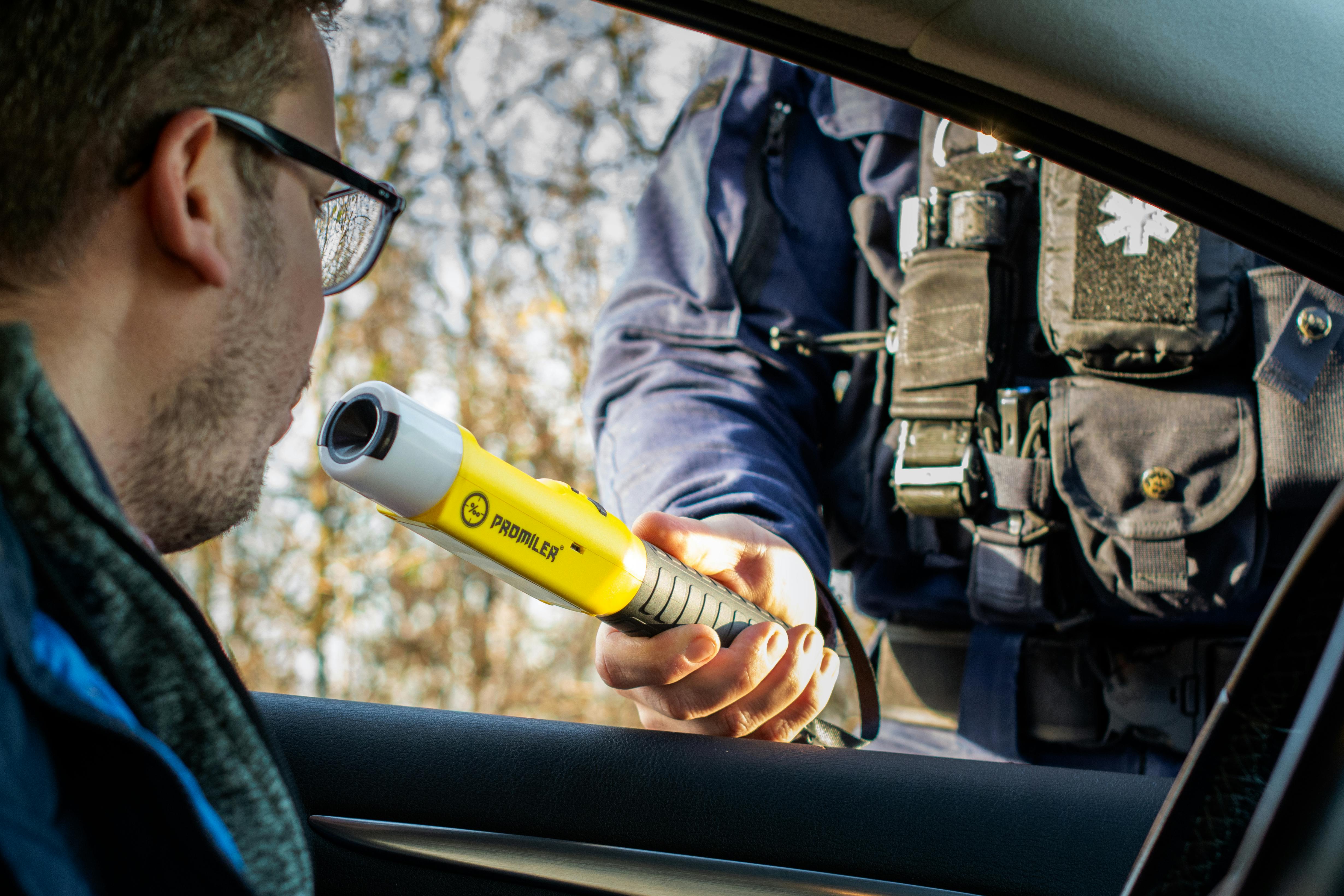Charged with DWI in North Carolina? We Can Help
Denninger & Philbeck – Criminal Defense Attorneys

Being charged with impaired driving (DWI/DUI) is one of the most disruptive legal experiences a person can face. The process is often confusing and can lead to serious consequences at every stage if not handled properly. At Denninger & Philbeck, we guide our clients through every step of a DWI case, protecting their rights, minimizing consequences, and getting them back on track.
The DWI Defense Process: How We Protect Your Rights at Every Stage
1. Pretrial Release and Bond
Immediately after arrest, you will be taken before a magistrate who will decide the conditions of your release from custody. The magistrate has five options:
- Release the defendant on a written promise to appear in court
- Release the defendant on execution of an unsecured appearance bond (meaning you don’t have to pay anything up front to get out of jail, but you will owe the amount of money set by the magistrate if you fail to appear for your court date)
- Place the defendant in custody of a designated person or organization agreeing to supervise them
- Require the execution of an appearance bond in a specified amount secured by cash, real estate, or a solvent surety
In most DWI cases, magistrates choose either the written promise to appear or a secured bond. If the magistrate imposes a secured bond, you will need to pay the amount set by the magistrate or put up collateral worth an equivalent amount to secure your release. Denninger and Philbeck can help by coordinating with friends, family, or a bondsman who can pay your bond. If you’re unable to make bond, we can quickly get a hearing scheduled in court to lower or unsecure your bond.
Additionally, in impaired driving cases, magistrates may choose to impose what is known as an “impaired driving hold” under N.C.G.S. § 15A-534.2. Under this statute, the magistrate may hold you for up to 24 hours if the magistrate believes the impairment to your physical or mental faculties presents a danger to yourself or others or damage to property. The magistrate may release you before that 24-hour period ends if the magistrate believes you are no longer impaired or a sober, responsible adult is willing and able to assume responsibility for you.
2. Pretrial Limited Driving Privilege
If you are charged with a DWI and found to have an alcohol concentration of .08 or more, the DMV imposes an automatic 30-day license revocation. However, after 10 days, you may qualify for a pretrial limited driving privilege, allowing you to drive for essential needs such as work, school, or household maintenance. We will act quickly to ensure you’re legally back on the road as soon as you're eligible.
3. Refusal Suspension Challenges
If you refuse to submit to a breath or blood test, your license can be suspended for a full year. However, this refusal suspension can be challenged through a DMV hearing. We have extensive experience in appealing refusal suspensions and will fight to restore your driving privileges.
4. Plea Negotiations
Not every case needs to go to trial. If your goal is to resolve the matter quickly and efficiently, we will negotiate the best possible plea deal to minimize the impact on your life. As former prosecutors, we understand how to communicate with prosecutors to get outcomes that work for you.
5. Pretrial Motions
Many DWI cases involve significant constitutional and evidentiary issues. Through targeted pretrial motions, we challenge:
- Vehicle stops
- Admissibility of field sobriety tests, portable breath tests, and hospital records
- Warrantless searches
- EC/IR II breath tests
- Search warrants
- State Crime Lab blood tests
DWI cases are often won based on pretrial motions that challenge different parts of the investigation. We at Denninger and Philbeck review every case thoroughly to find the right bases on which to challenge the investigation and win your case before it even gets to trial.
6. Trial
DWI trials often hinge on the credibility of the arresting officer and the administration of Standardized Field Sobriety Tests (SFSTs). Our attorneys are trained in these procedures and have years of experience cross-examining officers. Every case contains mistakes—we know how to find them and bring them to light in court.
7. Sentencing
If convicted, sentencing is governed by North Carolina’s structured DWI sentencing laws, which consider aggravating and mitigating factors. We prepare our clients thoroughly, ensuring the court sees them in the best possible light. Our goal is to secure a sentence that is as lenient and manageable as possible under the law.
8. Post-Conviction Limited Driving Privilege
A DWI conviction results in an automatic one-year license revocation. However, many individuals are eligible for a post-conviction limited driving privilege. We help you secure that privilege quickly so you can drive to work, school, and other essential destinations without further legal complications.
9. Expungement
A DWI conviction can affect your employment, reputation, and future opportunities. While DWI convictions are generally not expungeable under North Carolina law, some related charges or dismissals may qualify. We can advise you on your eligibility and take steps to clean up your record when possible.
A DWI charge does not have to define your future. Let Denninger & Philbeck stand by your side and help you take control of your case and your life. Contact us today for a free consultation.
